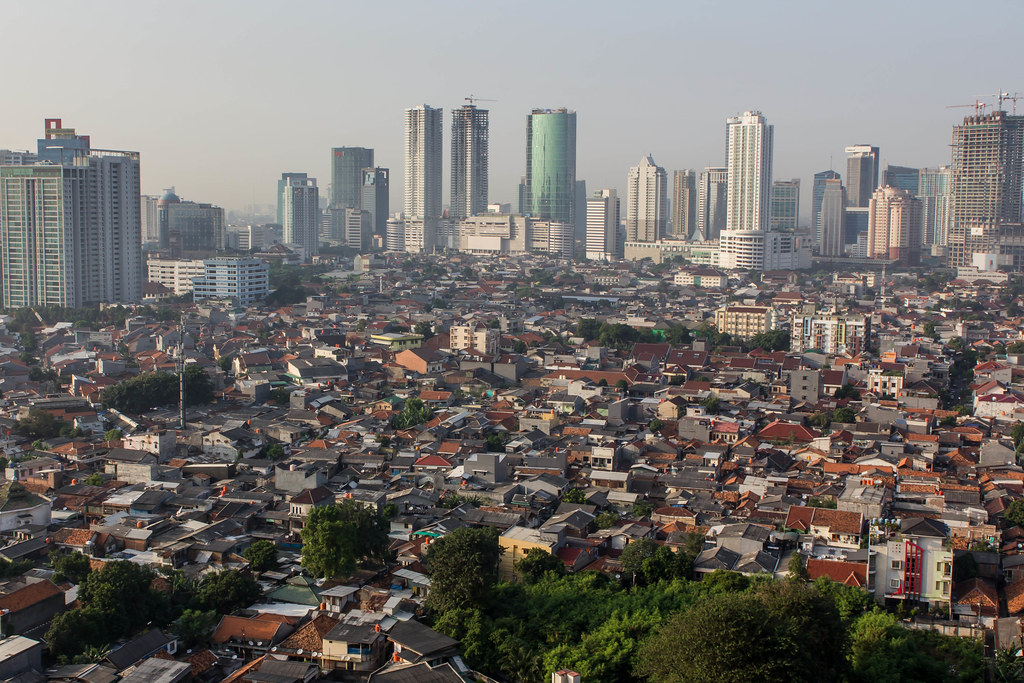
Uma Rani Amara, Senior Economist, Marianne Furrer, Research Officer
This is the second in a two-part series on income inequality produced by ILO’s Research Department. See the links below for more information about the research this blog post is based on.
Income inequality has a big impact on our lives, yet its effects aren’t always apparent. They’re often indirect, affecting us in ways that we may not even realize. Its consequences, however, are no less profound.
Income inequality refers to the unequal distribution of wealth, assets and opportunities within a given population. A recent report shows that inequality seems to be reaching new extremes, with the richest one per cent having more wealth than the rest of the world combined. In an earlier blog post, we observed that it differs across countries and discussed the drivers of income inequality.
In this post, we will look at how income inequality affects people’s lives and what can be done to reduce it.
Here are a few ways that income inequality can affect our daily lives, whether we realize it or not:
- It can cause social and political unrest. A growing body of research, including ILO’s World of Work Report for 2014, shows that high-levels of income inequality can undermine social cohesion in the long run, giving rise to events like the Arab Spring. This is not to say that income inequality was the only or the biggest factor leading to the upheaval – but it was certainly one of them. It’s not hard to understand why this happens. Income inequality concentrates more and more of a country’s wealth in the hands of the few. When times are good, people in lower income brackets may be willing to overlook the unequal distribution. But in times of hardship, it becomes an obvious source of resentment.
- It can change the quality of jobs and affect wages. One of the many drivers of income inequality are the increasingly common forms of what we call “non-standard employment” or “informal employment”. This refers to people who either work outside of the formal economy, have temporary job contracts or are self-employed. ILO research shows that the more common non-standard employment becomes, the more inequality tends to rise. These kinds of jobs usually pay less and aren’t as protected, which makes it difficult for the people who do them to plan for the future. These workers are especially vulnerable in economies without strong social protection systems. When hard times hit, they may have no other option but to look to their families for help. With more and more people in non-standard employment, these support networks are placed under added strain.
- Poverty and Social Assistance programmes. In economies where income inequality is high, poverty levels tend to be high too. This is further exacerbated in economies where institutional mechanisms are weak or non-existent. In response, governments often step in to introduce social assistance programmes that can assist those who need protection. However, these programmes can sometimes be ineffective if they are not well targeted.
ILO Director-General Guy Ryder has repeatedly emphasized that tackling income inequality requires a systematic plan of action. The good news is that more and more world leaders are beginning to agree.
At a recent summit of the G20 in China, world leaders committed to “work[ing] to ensure that our economic growth serves the needs of everyone and benefits all countries and all people including in particular women, youth and disadvantaged groups, generating more quality jobs, addressing inequalities and eradicating poverty so that no one is left behind.”
What will that mean in practice?
First, it’s important to understand that the best place to begin addressing income inequality is the labour market. Tackling issues such as working poverty and workplace discrimination are critical to solving income inequality. Similarly, measures need to be taken to address rising informality and non-standard employment. In addition, unemployment and underemployment are both issues that need remedy–by providing economic opportunities to the poor and disadvantaged, it will be possible to reconfigure the distribution of market incomes.
Second, governments should put in place fair minimum-wage schemes and promote social dialogue as a means of translating global agreements—like the one formalized at the G20 summit in China—into sustainable solutions. In advanced economies, policies are needed to respond to increasing levels of precarious employment and to incentivize better terms for all employees. This would entail, for example, the extension of benefits to temporary and part-time workers.
Finally, social protection is a powerful tool to remedy income inequality and should be extended to all members of society. Progressive taxation can help to pay for these programmes in ways that ensure no one gets left behind. This would also include creating a gender-sensitive policy plan to prevent discrimination against women, both inside and outside the labour market.
This article is based on data and the findings of the ILO Research Paper No. 15 and World Economic and Social Outlook 2016

